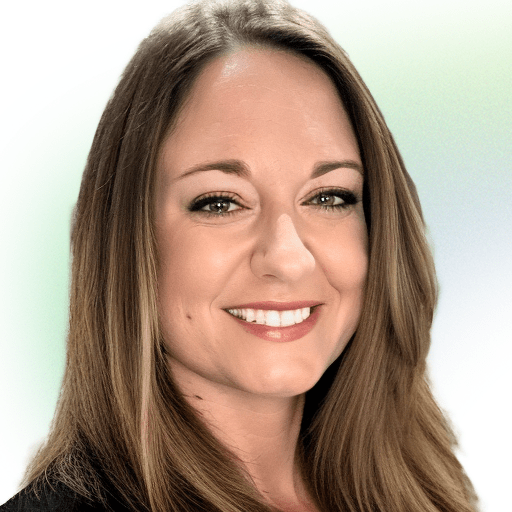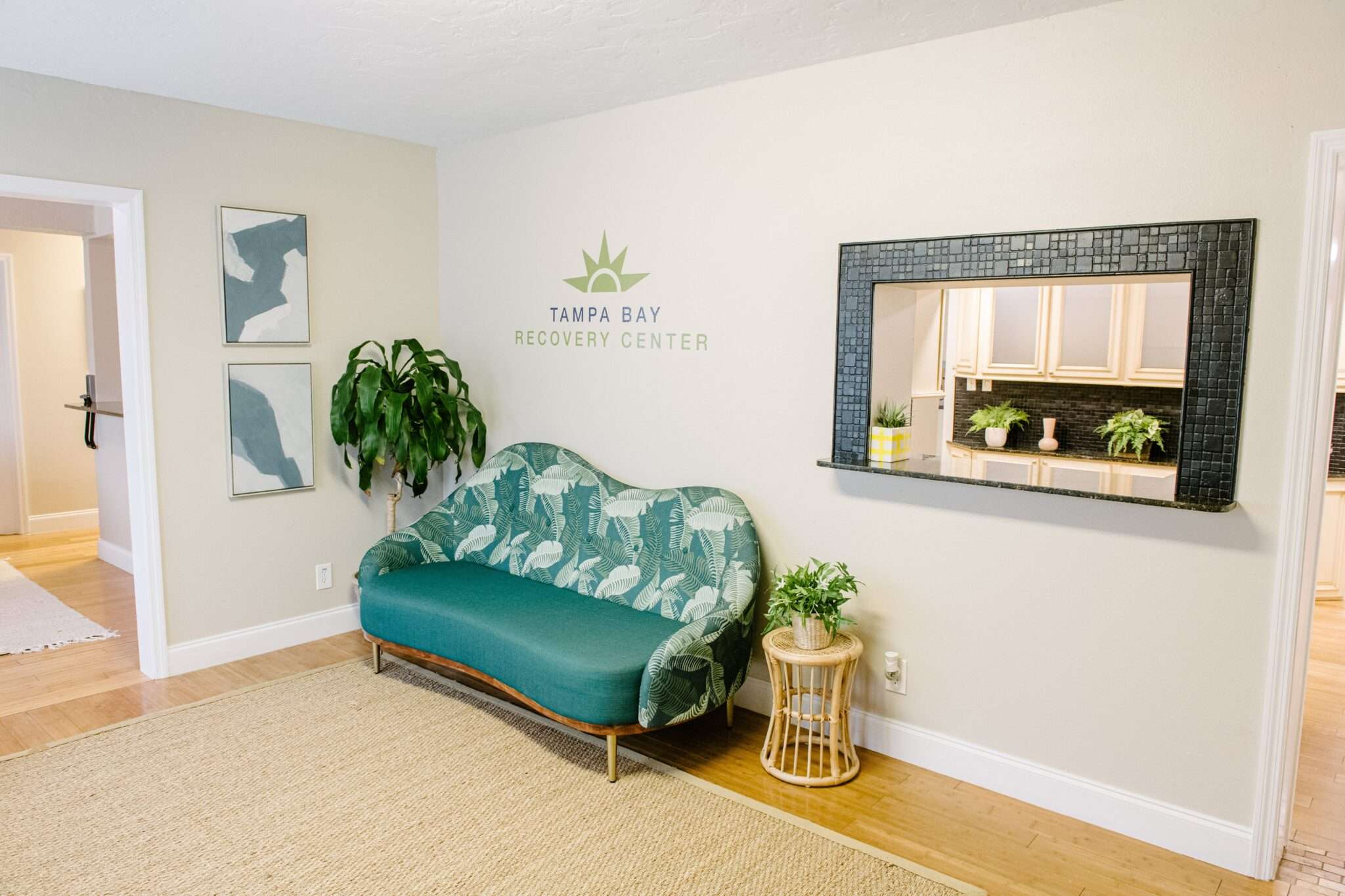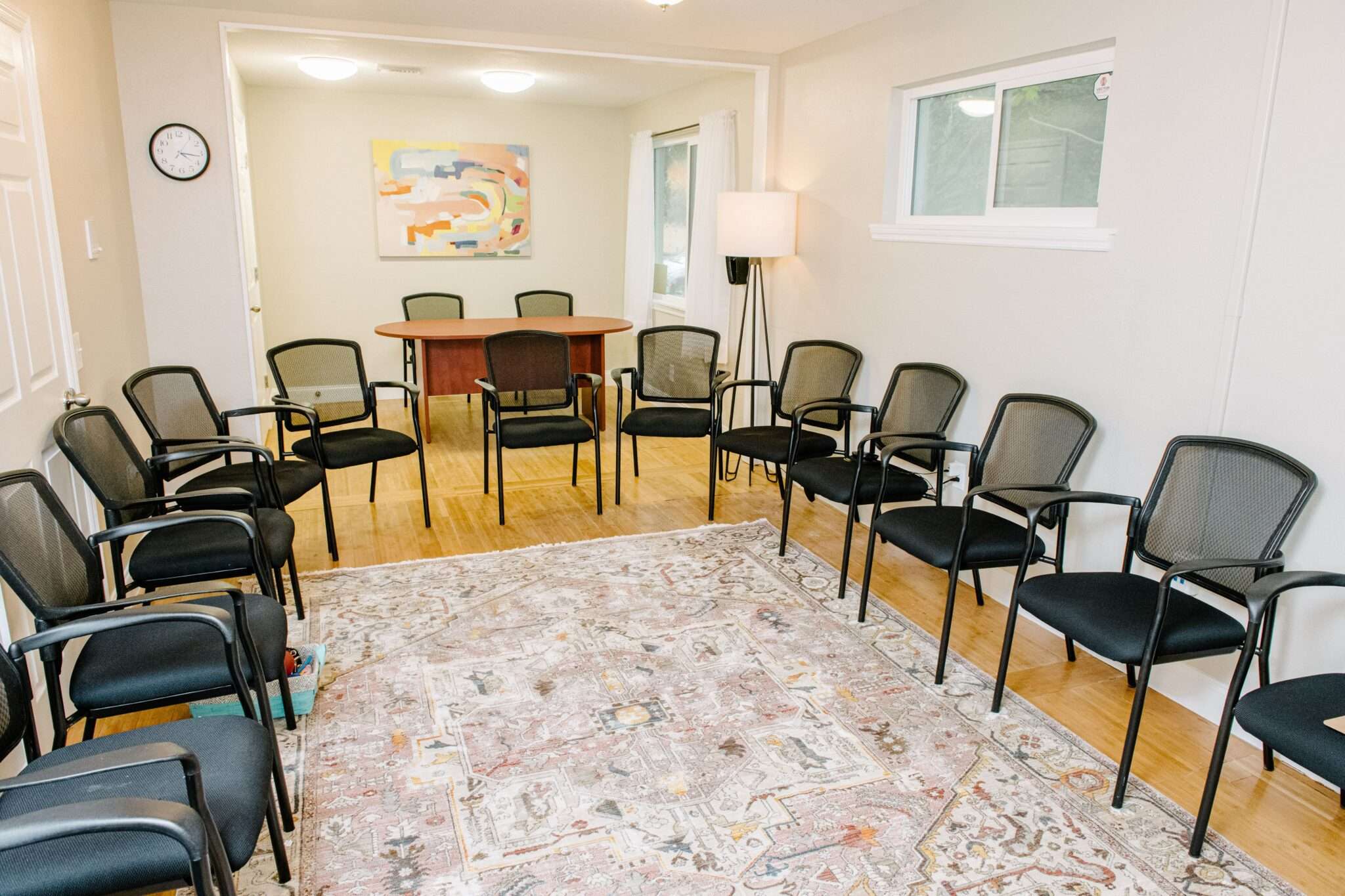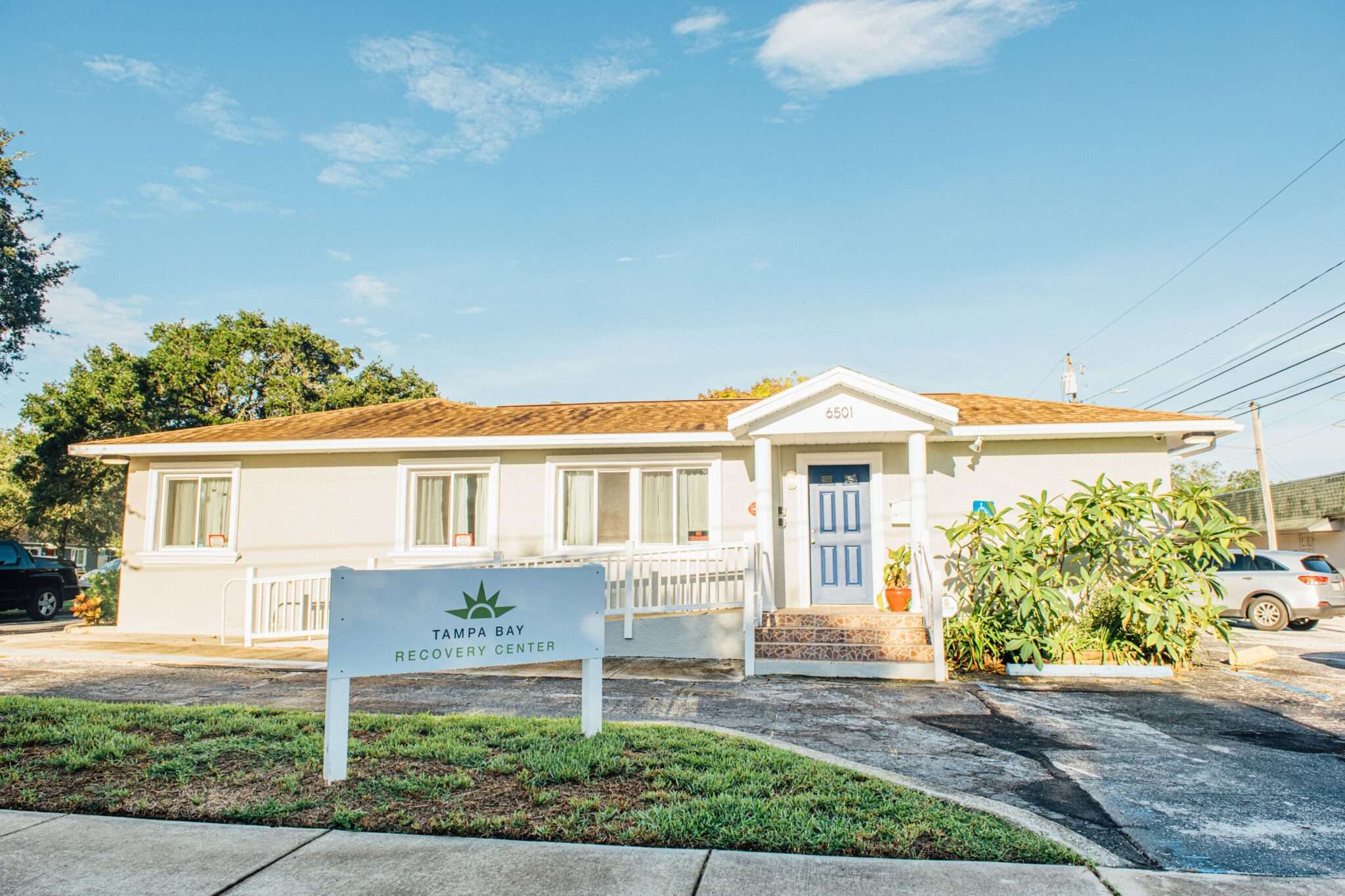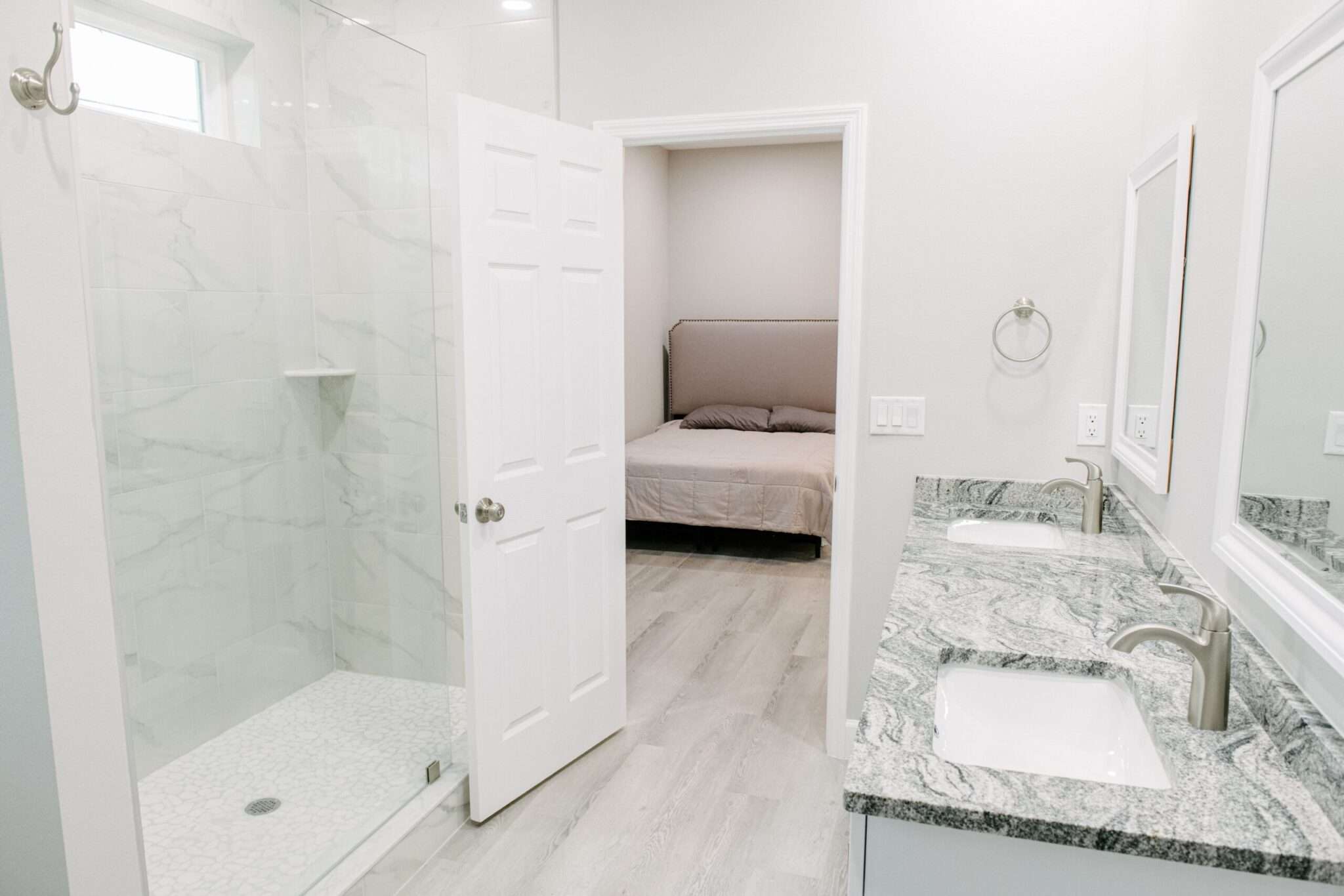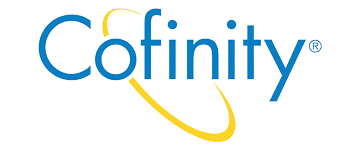Obsessive-Compulsive Disorder Treatment in Tampa, Florida
At Gulf Coast Recovery Center, we specialize in treating Obsessive-Compulsive Disorder (OCD) as part of our comprehensive mental health programs in Tampa. With a combination of therapy, peer support, accountability, and psychiatric services, we help clients understand their OCD symptoms and work toward full recovery.
If you or a loved one is struggling with a mental health disorder, our OCD treatment program in Tampa can provide the support you need. Call us today at 813-755-8864 or verify your insurance to get started.
What is Obsessive-Compulsive Disorder?
Obsessive-Compulsive Disorder (OCD) is a mental health condition characterized by recurring, uncontrollable thoughts (obsessions) and repetitive behaviors (compulsions). These symptoms can significantly impact daily life, making professional treatment essential. According to StatPearls, the 12-month prevalence of OCD in the United States is 1.2%.
OCD is more than just a preference for cleanliness or order; it’s a serious condition that requires specialized care.
How Does OCD Treatment in Tampa Work?
Our OCD treatment programs in Tampa are designed to address the unique needs of each individual. We offer a range of treatment modalities, including:
- Partial Hospitalization Program (PHP): Provides intensive daily treatment while allowing clients to return home in the evenings. Ideal for those needing more support than outpatient care but less than full hospitalization.
- Intensive Outpatient Program (IOP): Combines structured therapy with the flexibility to maintain daily responsibilities. Suitable for individuals needing significant support but able to live independently.
- Outpatient Program (OP): Designed for those with mild symptoms or transitioning from more intensive programs. Offers flexible treatment while clients continue work, school, or other commitments.
Signs and Symptoms of Obsessive-Compulsive Disorder
Recognizing OCD symptoms is the first step toward effective treatment. OCD can manifest through obsessions, compulsions, physical symptoms, and significant impacts on daily life.
Obsessions
- Intrusive Thoughts: Persistent, unwanted thoughts, such as fears of contamination or harm.
- Excessive Doubts: Constant worry about completing necessary tasks (e.g., locking doors).
- Need for Symmetry or Exactness: Overwhelming desire for order or precision.
Compulsions
- Repetitive Behaviors: Actions like excessive handwashing, cleaning, or checking.
- Mental Acts: Internal rituals, such as praying or counting.
- Avoidance: Steering clear of triggers, leading to social isolation.
Physical Symptoms
- Increased anxiety and stress
- Sleep disturbances
- Fatigue or other stress-related physical issues
Impact on Daily Life
- Time-consuming rituals
- Impaired relationships and work performance
How is OCD Treated?
At Gulf Coast Recovery Center, we use evidence-based therapies and innovative techniques to treat OCD, including:
- Cognitive Behavioral Therapy (CBT): Identifies and modifies negative thought patterns and behaviors.
- Exposure and Response Prevention (ERP): Gradually exposes clients to fears while teaching them to resist compulsions.
- Medication Management: When appropriate, psychiatric medications are integrated into treatment.
- Support Groups: Provides peer support and shared coping strategies.
Additional OCD Treatment Services
We offer a range of specialized therapies to complement traditional treatments, including:
Eye Movement Desensitization and Reprocessing (EMDR)
EMDR addresses distressing thoughts or memories that may contribute to OCD. By focusing on these thoughts while receiving bilateral stimulation, clients can reduce the emotional impact of their symptoms.
Brainspotting
This method identifies unprocessed trauma or anxiety linked to OCD by finding the “brainspot” associated with distress. It helps clients release unresolved emotions and reduce symptoms.
Holistic Therapies
Holistic approaches address the mind, body, and spirit to promote overall well-being. Examples include:
- Mindfulness and Meditation: Teaches clients to focus on the present, reducing intrusive thoughts.
- Yoga: Combines physical activity with relaxation techniques to manage stress.
- Acupuncture: Aids in stress reduction and overall balance.
Benefits of OCD Treatment in Tampa
Choosing Gulf Coast Recovery Center for OCD treatment offers numerous advantages:
- Access to experienced mental health professionals
- Personalized treatment plans tailored to individual needs
- A supportive environment fostering healing and growth
- Tools and strategies for long-term symptom management
- Improved quality of life
If you’re ready to regain control over your life, call us at 813-755-8864 or verify your insurance today. Gulf Coast Recovery Center’s OCD treatment program in Tampa is here to help you find relief and achieve lasting recovery.

